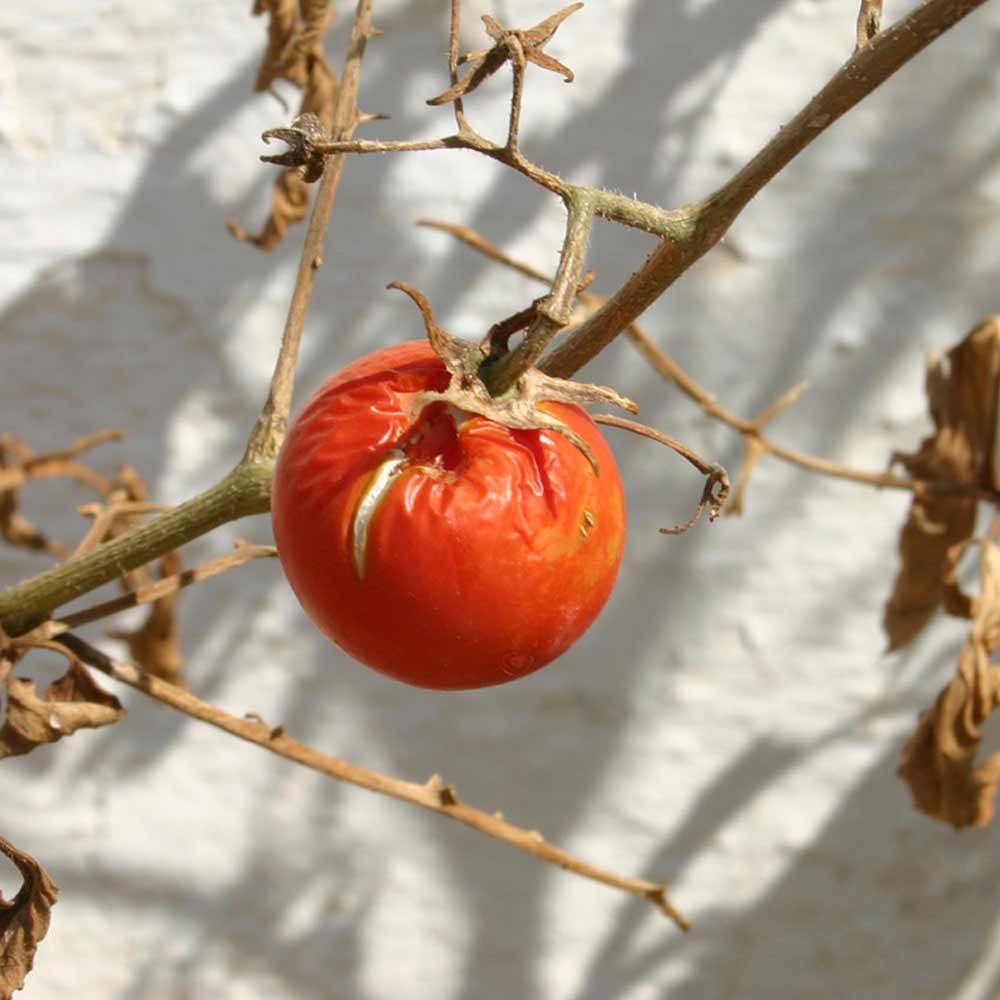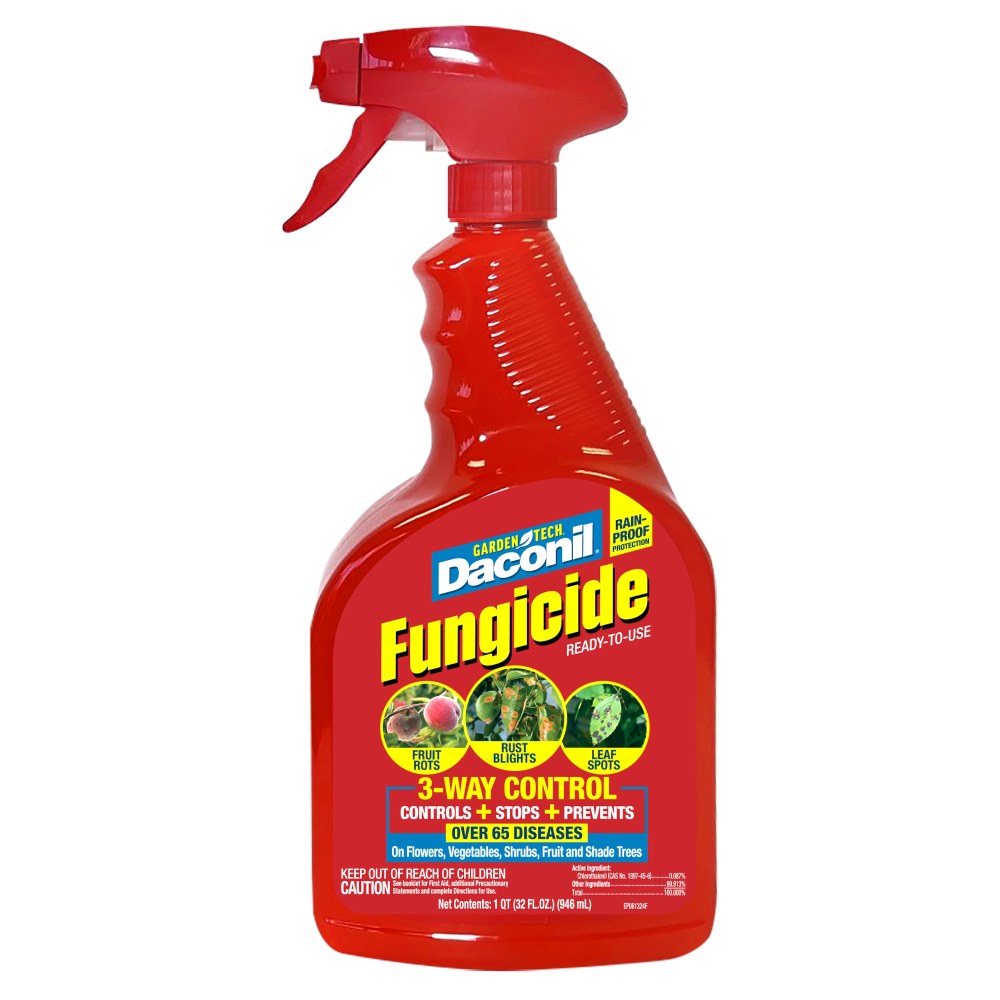Fusarium Wilt








Fusarium wilt affects many plant types, but tomato gardeners know this deadly, soil-borne disease especially well. Also known as stem rot, it's a common tomato wilt disease, which moves into plants through their roots. From there, it clogs the plant's passageways, blocking the flow of water, nutrients and vital juices until wilting and eventually resulting in death.
Tomatoes and close relatives such as eggplant, peppers and potatoes all suffer the same fusarium types. Other fusarium pathogens attack different plants, from brassicas such as cabbage, broccoli and kale to tropical plants, including bananas and palms. Warm summer temperatures favor the disease, which often spreads through infected garden transplants and soil.
Fusarium Wilt Identification/Symptoms: Unlike other wilt diseases, fusarium wilt often shows up only on one side of a plant, branch or leaf. Bottom leaves show symptoms first. As the disease progresses upward, the plant wilts, turns brown and drops its leaves. If cut, affected stems near the base show clogged vascular pathways and dark brown streaks. In the early stages, roots look healthy, but they eventually rot, too.
How to Control Fusarium Wilt: Once fusarium wilt infects a plant, there is no effective treatment. Remove and dispose of affected plants immediately; don't compost this garden refuse. Whenever possible, remove and replace fusarium-infected garden soil.
For tomato growers, one of the best defenses against this long-lived disease is using varieties with known fusarium resistance. Look for plant tags that include F, FF or FFF — these letters indicate resistant to the three main fusarium "races." Unfortunately, fusarium-resistant varieties aren't available for many plant types.
If fusarium wilt hits your garden, don't plant the same or related plant types in that area for at least four years.
Depending on your climate, it may be possible to control fusarium wilt by "solarizing" your soil. This involves covering it with plastic so it reaches very high temperatures over a long period. Your local extension agent can help with information on whether soil solarization is practical and effective for fusarium wilt in your area.
Fusarium Wilt Tip: Keep your garden tools and boots clean and free from soil. Contaminated tools and soles can spread fusarium pathogens to fresh soil.
Always read product labels thoroughly and follow instructions, including guidelines for treatable diseases and plants.
Photo Credit:
Howard F. Schwartz, Colorado State University, Bugwood.org (CC BY 3.0 US)
Howard F. Schwartz, Colorado State University, Bugwood.org (CC BY 3.0 US)
David B. Langston, University of Georgia, Bugwood.org (CC BY 3.0 US)



